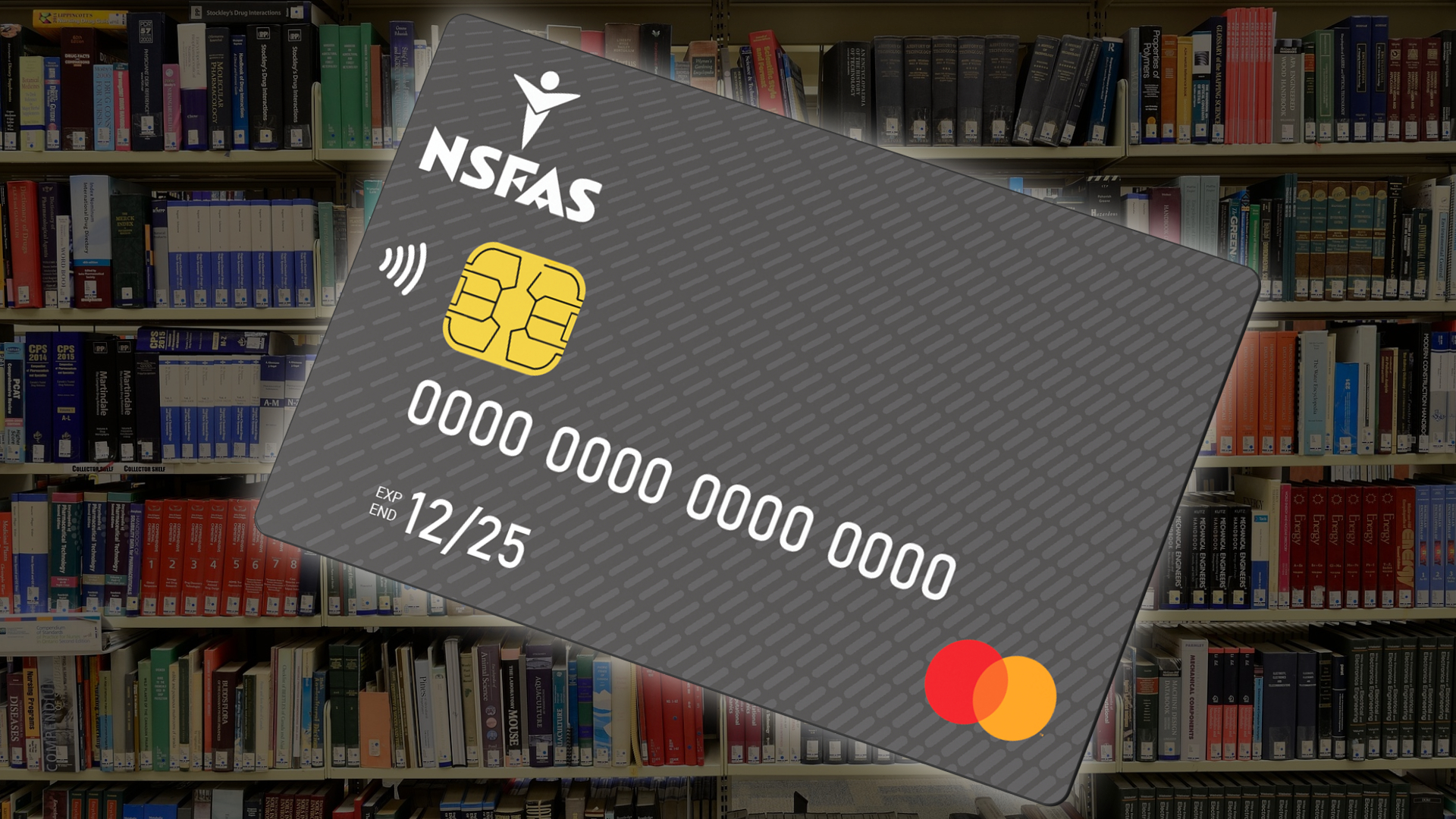- eZaga, Narocco, Tenet Technologies, and Coinvest, the four payment partners of the NSFAS direct payment system, will be fired.
- This is after an investigation by the NSFAS board of directors found an alleged conflict of interest between CEO Andile Nongogo and the payment providers.
- The CEO will now have to plead his case to the board as to why he too should not be given the boot.
An investigation launched by the NSFAS board of directors into the alleged shady dealings of CEO Andile Nongogo and the process in which the scheme contracted the four fintech partners to help it launch the controversial direct payment system has found a conflict of interest between the partners and the CEO.
Following the findings, NSFAS says it will terminate the contracts of each of the four fintech partners, including Narocco, Tenech Technologies, eZaga and Coinvest. According to the Organisation Undoing Tax Abuse (OUTA), NSFAS paid out R1.5 billion in taxpayer money towards the project and the procurement of the four partners.
Ernest Khoza, chair of the NSFAS board of directors briefed the media on the outcome of the investigation on Wednesday.
“The Board met on 15th October 2023 here in Pretoria to consider the findings and recommendations by the investigators as captured in this interim report as presented by the Werksmans Attorneys and Advocate Tembeka Ngcukaitobi SC. The board has since adopted the recommendations of the report and resolved to implement them,” Khosa said.
Werksmans Attorneys and Advocate Tembeka Ngcukaitobi were appointed by the NSFAS board to conduct the investigation and compile a final report and recommendations, including evidence of findings.
These include that CEO Nongogo actively participated in the presentation of the Bied Evaluation Committee (BEC) proposals of the four fintech service providers that were eventually contracted by NSFAS. This, according to Khoza, is a violation of the public procurement processes of NSFAS.
Further, the report revealed a conflict of interest in the appointment of the four fintechs. The report alleges that Nongogo had a “clear” existing relationship with eZaga Holdings and Coinvest prior to their winning of the tender.
As a result of these findings, and per SA News, the report made recommendations that NSFAS will now uphold. The include:
- Give CEO Andile Nongogo one last chance to explain why he shouldn’t be fired,
- Subject all staff members associated with any alleged “wrong doings” to disciplinary action,
- Advise all four fintech partners that their contracts will be terminated,
- Ensure that the termination of the contracts do not affect the beneficiaries of the scheme and direct payment system, and
- Review the scheme’s tender appointment policy, in line with National Treasury regulations.
eZaga’s response
“eZaga strongly denies any association with or connection to Mr. Nongogo before the tender was awarded,” the fintech told Hypertext via email statement.
“eZaga was awarded the tender having met all the necessary tender specifications and has consistently delivered on these requirements.” As of September, the provider had still not paid 2 percent of the students in its scope, around 2 000 university and TVET goers blaming “rigorous” sign-up processes and a lack of access to the internet on the students’ part.
It said that it was “deeply disappointed” by NSFAS’ decision to terminate the tender. The fintech says that it will now engage legal counsel to address and respond to the allegations properly. “The allegations made against eZaga have raised significant concerns, including questions about the fairness and legality of the proceedings,” it said.
According to the CEO of eZaga, Saud Ally, the fintech partners were involved in the project since at least January. eZaga in particular has been subject to intense scrutiny from the media and students.
“It is a propaganda,” he told Hypertext in July about the criticism that the project and partners were facing.
“Direct payments were really tough in a sense because we had massive opposition around us. And operationally that was hitting us quite hard. You get various student bodies, and you get various vice-chancellors, you get the universities all opposing this platform because you’re cutting them out. That’s the long story short,” he added.
Direct payment project was rushed by NSFAS, no due diligence
Another concerning finding of the investigation is that before launching the direct payment system, what amounts to a top-down overhaul of the way a million disadvantaged South African youths receive support to study, NSFAS had bafflingly not performed a feasibility study on the project.
“There was no reason furnished to the investigators [as to] why the feasibility study was not conducted, which is a critical part of the project preparation for the implementation of the project,” said Khoza.
“Such an assessment would have enabled NSFAS to make an informed decision on the proposed solution and to evaluate the practicability and chances to success of the proposed direct payment solution.”
Instead NSFAS simply barreled along with the project, affecting the lives of millions of students. Many of which still have not received their allowances now near the end of the year.
Despite all of this, Khoza reaffirms that the scheme believes in the direct payment system and will continue to work on it.
“The board views the direct payment solution as necessary measure to reduce instances of unauthorized access to beneficiaries’ allowances, payment of ghost students, inconsistencies and delayed payments of allowances. The direct payment solution is in-line with the Student-Centered Model which NSFAS adopted,” he explained.
Neither Khoza nor the board have included an explanation into how the scheme will continue operating the system now that the four facilitators of the system are being removed. NSFAS is a government-run and taxpayer-funded institution. It was granted a budget of R46.6 billion in 2023.
The NSFAS report has been submitted to the Minister of Higher Education Blade Nzimande with the board seeking punitive steps.

